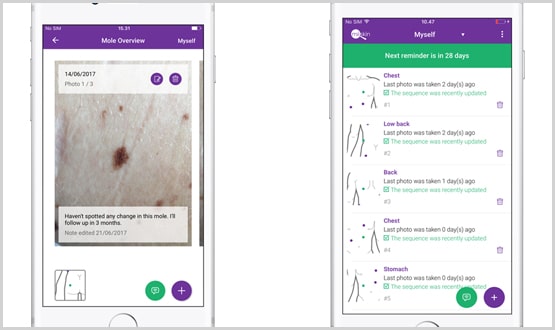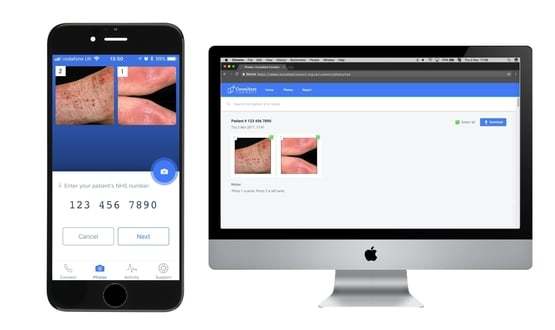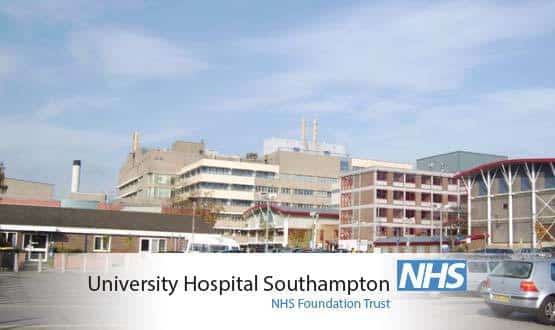Study Questions Criticism of Online Health Advice
- 19 June 2002
A new study suggests that despite much adverse press coverage there is little evidence to discourage consumers from obtaining health information from the Internet.
The authors of the study, published in the Journal of the American Medical Association, criticise previous studies and media reports, which have suggested that up to 90 per cent of health information on the web is "inaccurate".
According to the authors’ analysis of these reports and studies the criteria on which online health information has previously been damned — such as incompleteness — are misguided.
“Obviously, the closer you look, the more flaws you find in health information on the web, but the same is true for health information in other media. I would encourage consumers to obtain as health information from the web, although they should keep a critical eye on quality," said Dr Gunther Eysenbach, Senior Scientist at the Centre for Global eHealth Innovation at Toronto General Hospital.
To get a comprehensive overview of the quality of health information on the web, Eysenbach and colleagues systematically reviewed all research studies in which medical experts have critically reviewed health information on the web — pooling the results from 79 such studies.
Most previous researchers concluded that health information on the web is a problem, warning consumers from obtaining health information from the web. However this advice was often based on criticising the completeness of information given, failure to disclose certain information and the difficulty in finding relevant information online.
The authors note “completeness” of a web page or website—often evaluated as an implicit part of “accuracy”—is not an appropriate evaluation criterion. Many websites may deliberately focus on a single topic in-depth rather than aiming for comprehensiveness. In addition, consumers will usually search across different websites when looking for specific health information.
The study stresses that the “quality” of health information has many facets, including that it should be accurate, readable, accessible, contain disclosures of authorship, ownership, target audience, sponsors, intention of the site, date and frequency of updates, and provide references and links to further information.
Dr Eysenbach added that medical experts have higher expectations of what a website should provide than consumers do, and as a result are far more critical of health information found online. "The higher the expectation of the expert, the greater the amount of information is found wrong,” explains Dr Eysenbach.
Unlike traditional media where the stream of information is filtered “upstream” by editorial control, the web requires the filtering tasks be performed by those “downstream”, at the consumer end.
“On the web, you get what you look for. If you enter ‘quick and natural cure for cancer’ into a search engine you shouldn’t be surprised if most of the information is dubious,” says Dr Eysenbach.
Dr Eysenbach advises users to shop around on multiple sites. “Our study showed that many medical experts who have evaluated health content critically noted that a single website rarely covers a complete picture of a health issue.” According to Eysenbach, the beauty of the web is that you don’t have to rely on a single information sheet or one opinion.
Dr Eysenbach is also working on technology such as intelligent software "agents" to guide consumers to high quality information on the web. “In an situation where you have jewels and junk laying side by side, innovative computer-based methods to guide consumers to the best available evidence become critical”.
JAMA, 2002; 287: 2691-2700 Abstract: http://jama.ama-assn.org/issues/v287n20/abs/jrv10005.html




